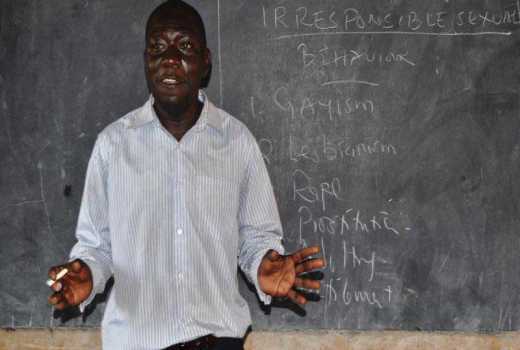
It appears that the debate around Comprehensive Sexuality Education (CSE) has refused to die. Some groups are even running a campaign to petition the government to shelve implementation of CSE in schools. Interestingly, sometime in 2015, the Ministry of Education invited religious leaders for a comprehensive briefing on the proposed new education curriculum.
The workshop held at the Silver Springs Hotel in Nairobi, brought together senior Church leaders from the National Council of Churches, Evangelical Alliance of Kenya and the Kenya Conference of Catholic Bishops. It was led by senior Ministry officials, including top leaders from the Kenya Institute for Curriculum Development (KICD).